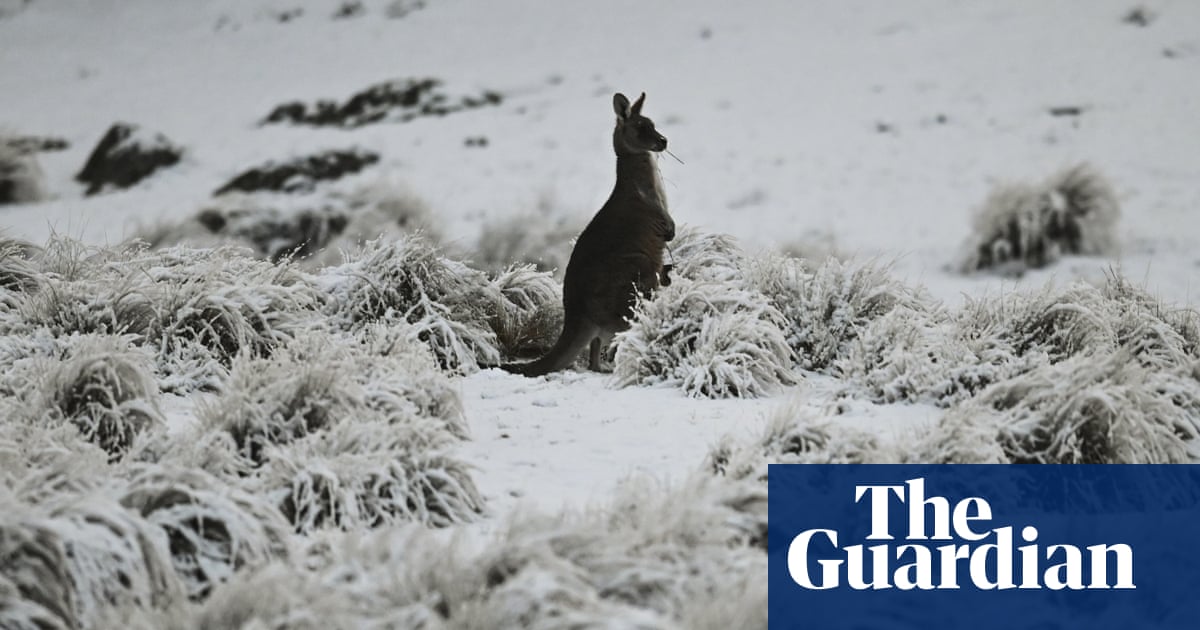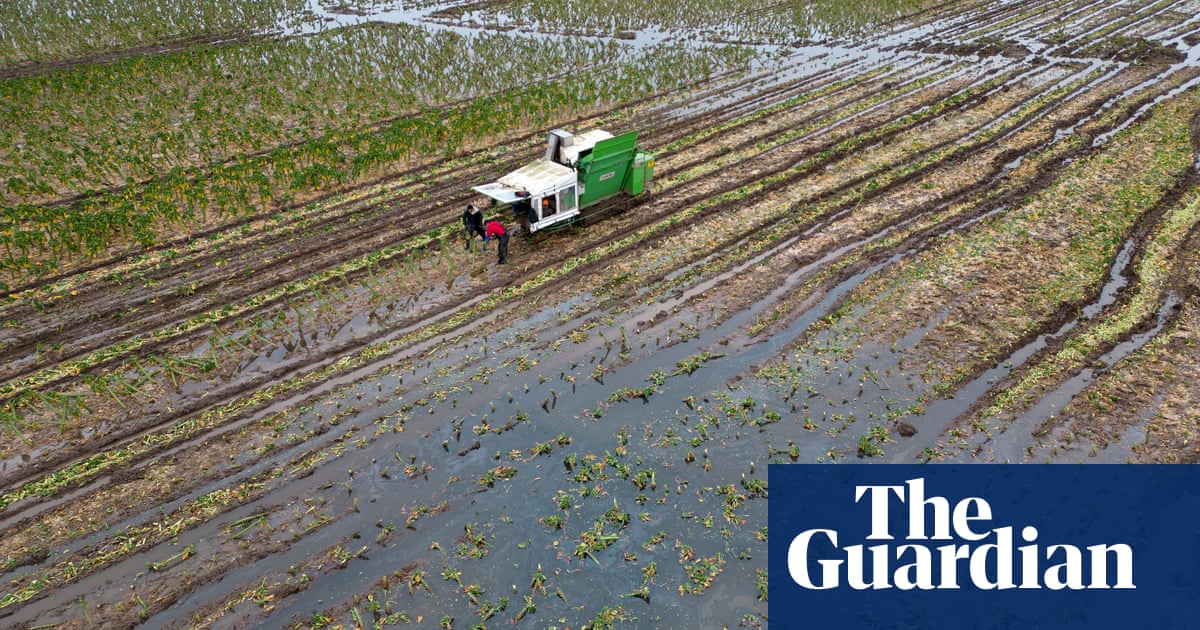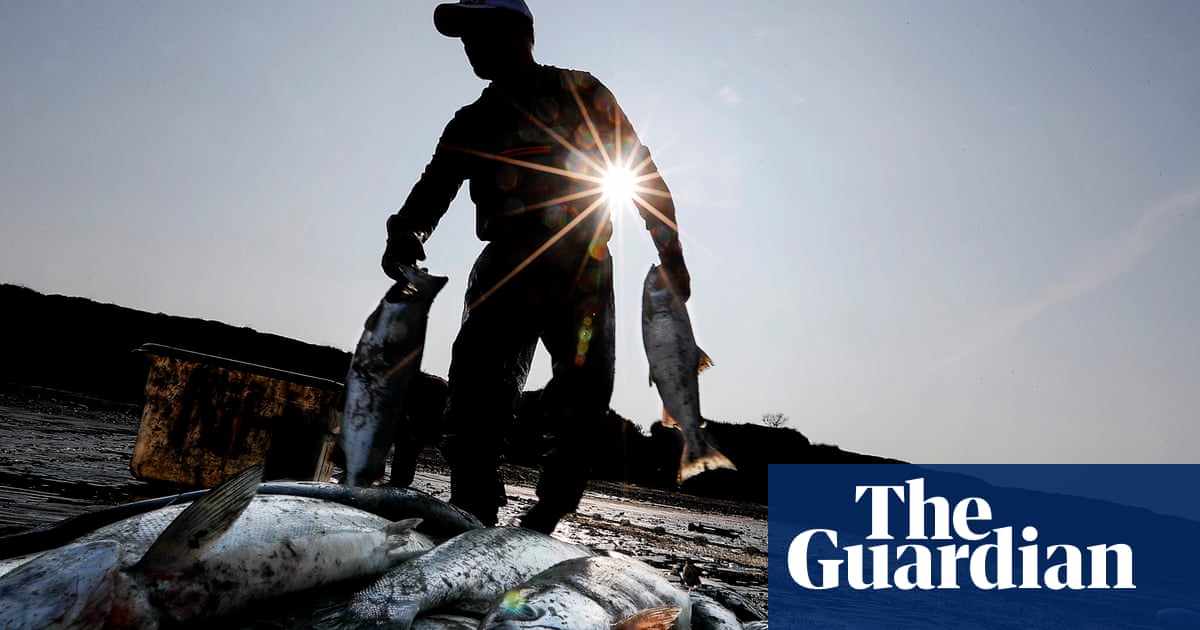Australian Alps face world’s largest loss of snow by end of century, research shows | Australia news


Global heating will cause snow cover in the Australian Alps to decline by 78% by the end of the century – much faster than the declines assessed in six other major skiing regions, new research has found.
The study published today by researchers from Germany’s University of Bayreuth cautioned about the quickening consequences of the climate crisis, predicting 13% of ski areas across the globe may lose all natural snow cover in a future with high emissions.
“Within this century, ongoing climate change will globally lead to a substantial reduction in annual snow cover days in current ski areas under all emissions scenarios,” the study said.
“We project a considerable increase in ski areas completely lacking snow in the future.”
The study focused on seven major mountainous skiing regions, including the European Alps, Andes, Appalachian Mountains, Australian Alps, Japanese Alps, Southern Alps, and Rocky Mountains. For each it assessed the consequences of three climate change scenarios: “low” “high” and “very high” emissions.
Under all three, annual snow cover days across the seven major mountain areas with downhill skiing “will significantly decrease worldwide”.
“Under a high emissions scenario, ski areas in the southern hemisphere … will be most severely affected by climate change,” the study reads.
Australia’s 78% rate of decline ranks by far the highest of the major skiing regions assessed, which include the European Alps at 42%, Japanese Alps at 50% and Southern Alps of New Zealand at 51%.
after newsletter promotion
Ski areas located in highly populated areas are predicted to be more affected by global warming, the study said, adding that the economic profitability of ski resorts around the globe may fall as a consequence of the decline in snow cover.
The study anticipated technical and management strategies like artificial snow making “will presumably not be a sufficient compensation measure under a severe climate change scenario”, despite being widely used at present to alleviate snow scarcity.
“Snow resorts may need to move or expand into less populated mountain areas at higher elevations to combat the effects of climate change,” the study found.
“These findings are socioeconomically and ecologically concerning.”
That’s because strategies such as slope contouring, landscaping, and developing new ski areas on north facing and higher elevated slopes are considered “threats to nature and the unique mountainous biodiversity”.
While skiing and its touristic value are of great importance for local economies, “biodiversity in mountainous areas is already heavily affected by global warming,” the study said. “[It] is likely to receive additional pressure by expanding ski areas and a concentration of skiers towards higher elevations.”
Source link




